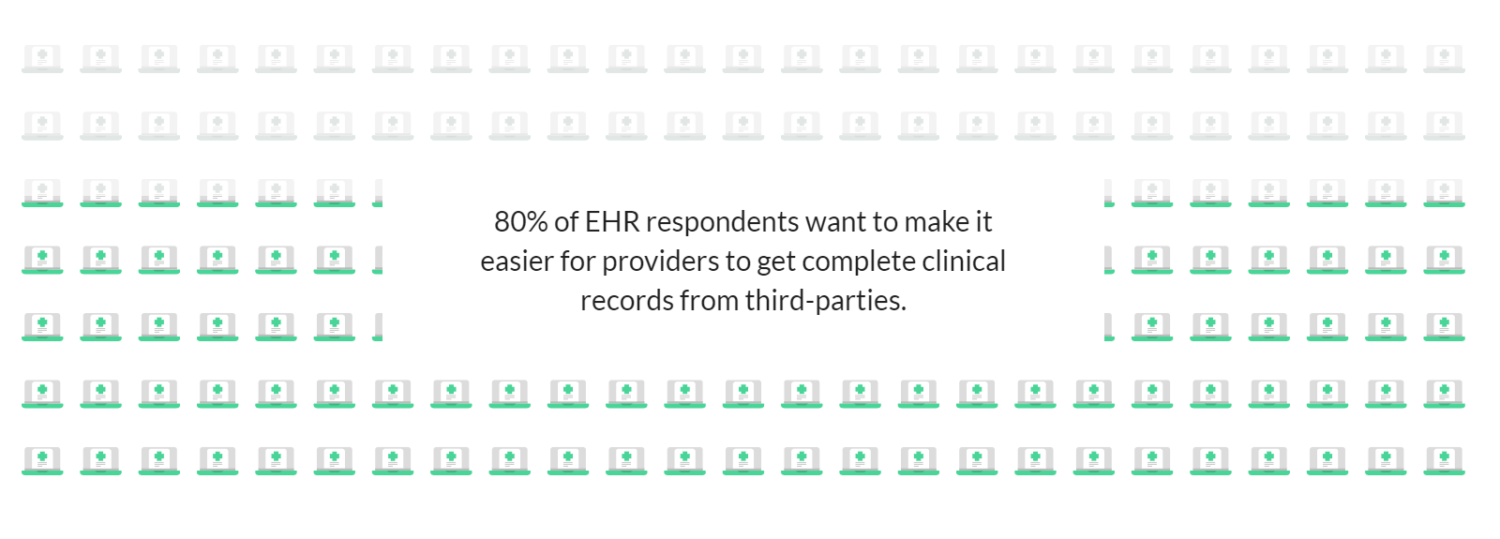
What You Should Know:
– Health Gorilla, a Health Information Network and interoperability provider, released it’s inaugural 2023 State of Interoperability report today to understand how healthcare decision-makers are approaching their clinical data strategies in light of patient privacy concerns and new federal regulations.
– The study, conducted in collaboration with Flexpa and the Health Management Academy, found that 60% of health systems report duplicative or incomplete data retrieved through health information exchanges, and 69% of digital health executives report gaps in their data.
Understanding How Healthcare Decision Makers Approach Data Access, Quality, and Security Issues
The first annual State of Interoperability report offers comprehensive insights from more than 130 executive decision-makers across the healthcare ecosystem, including health systems, EHRs, digital health organizations and diagnostic labs, to discover emerging trends and perspectives on critical issues impacting healthcare data interoperability. These issues include patient data access and quality, participation in national exchanges, innovative use cases in digital health, new regulations and federal initiatives and much more.
Among the findings:
– Only 40% of health system executives believe the data retrieved through health information exchanges is “good or great” quality and more than 50% of health system CIOs plan to spend 5-20% more on interoperability initiatives in 2023
– EHRs want new data and data types: 80% want complete clinical data from other EHRs to enrich their own data
– Digital health executives are eager for data to better serve patients, with 69% reporting gaps in their data and 61% sharing that their primary use for patient data is to deliver better care for chronic conditions, virtually or in-person
Additionally, the report found that:
– The vast majority of health system CIOs are supportive of the Trusted Exchange Framework and Common Agreement (TEFCA), which seeks to set interoperability standards nationwide.
– More than half (58%) of CIOs are supportive of sharing health information for purposes beyond treatment, including individual access services, payment and operations, and research.
– Thirty-two percent of EHR executives are actively evaluating Qualified Health Information Networks (QHINs). Their choice will be influenced by a range of factors including an existing integration/relationship (76%), technology capabilities (60%) and pricing (56%).
– Thirty-three percent of digital health organizations rely on a third-party intermediary vendor to access patient data from other EHRs. Respondents expressed interest in accessing additional data types, such as claims data (58%), patient-reported outcomes (42%) and pharmacy data (39%).
– Twenty-six percent of lab respondents reported data sharing was not a priority, and 10% believe that data sharing mandates do not apply to labs. However, sixty-eight percent of labs do share data into health information exchanges, but 76% of them contribute only to regional exchanges.
“Thanks to market adoption of national and regional data exchanges and the continued thrust of government initiatives – such as TEFCA, FHIR APIs, Information Blocking, Promoting Interoperability, and other recent CMS rules – the basis on which healthcare participants will make decisions is evolving. The State of Interoperability report highlights the magnitude of this change, and showcases the progress made by public-private collaboration,” said Jitin Asnaani, Board Member of Health Gorilla and former Executive Director of CommonWell Health Alliance.
